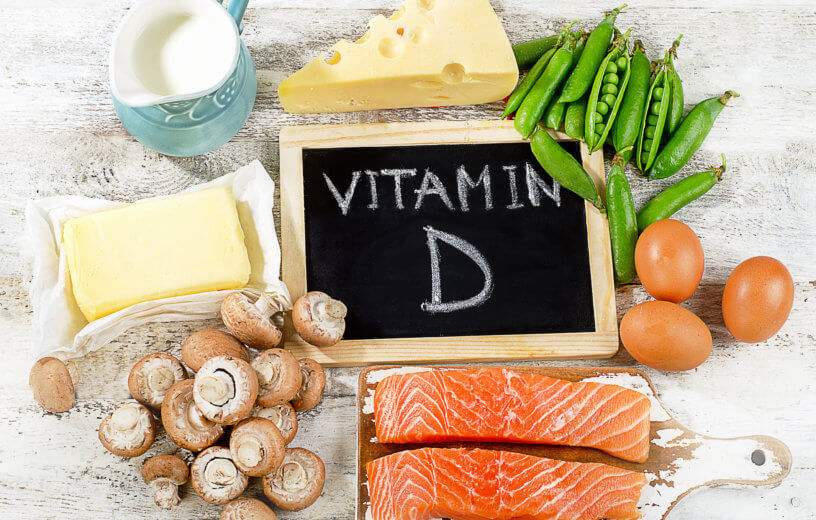ADELAIDE, Australia — Despite its shortcomings, chemotherapy is still considered among the top cancer treatment options for many patients. Unfortunately, as many patients can attest, the side effects that come along with chemo treatments are often far more debilitating than the cancer itself. However, a new study out of the University of South Australia finds that vitamin D may go a long way toward mitigating some of chemotherapy’s most burdensome side effects.
Besides the well known drawbacks like hair loss and constant nausea, another very common side effect associated with chemotherapy is gastrointestinal mucositis. The condition involves a very unpleasant and painful inflammation (and ulceration) of the digestive tract. This research concludes that vitamin D can potentially weaken stomach inflammation caused by chemotherapy.
Besides just vitamin D, probiotics also showed promise as a possible relief option for chemotherapy patients dealing with gastrointestinal mucositis.
“We already know that vitamin D helps in the absorption of calcium, but new findings suggest it may also play an important role in chemotherapy-induced intestinal mucositis,” says PhD student and lead study author Cyan Sylvester in a release. “The severity and progression of various gastrointestinal diseases, such as irritable bowel syndrome and colorectal cancer, is associated with Vitamin D deficiency. It appears that Vitamin D helps suppress inflammation and enhances the function of T-cells which boosts immunity.”
Besides its inflammation relieving properties, vitamin D has also shown the ability to boost or strengthen anti-cancer drugs as well. So, there is more than one reason why cancer patients should look into upping their vitamin D regimen.
Vitamin D and intestinal issues
Moving forward, the research team is working on ways to “enhance” vitamin D activity in the intestinal area. In theory, this would allow the vitamin to fight inflammation more efficiently.
“We know that Vitamin D definitely does more than help absorb calcium, but we need to better understand and optimize its action in the gut before we can be 100 per cent confident that it could be a treatment option for gastrointestinal mucositis,” says co-author Dr. Andrea Stringer. “We are investigating the effects of enhanced vitamin D activity in the intestine on both reducing damage and minimizing compositional change to the gut microbiome caused by chemotherapy agents.”
Circling back to the benefits of probiotics, such organisms (yeast, live bacteria) have long been linked to improved digestive health. They can also be used as a treatment for problems like diarrhea or abdominal pain. That being said, the study’s authors aren’t sure at this point how probiotics benefit the intestines regarding chemotherapy treatments.
“Vitamin D shows the most promise and could prove the key hormone to alleviate suffering for cancer patients,” Dr. Stringer concludes.
The study is published in Supportive and Palliative Care.
Like studies? Follow us on Facebook!
